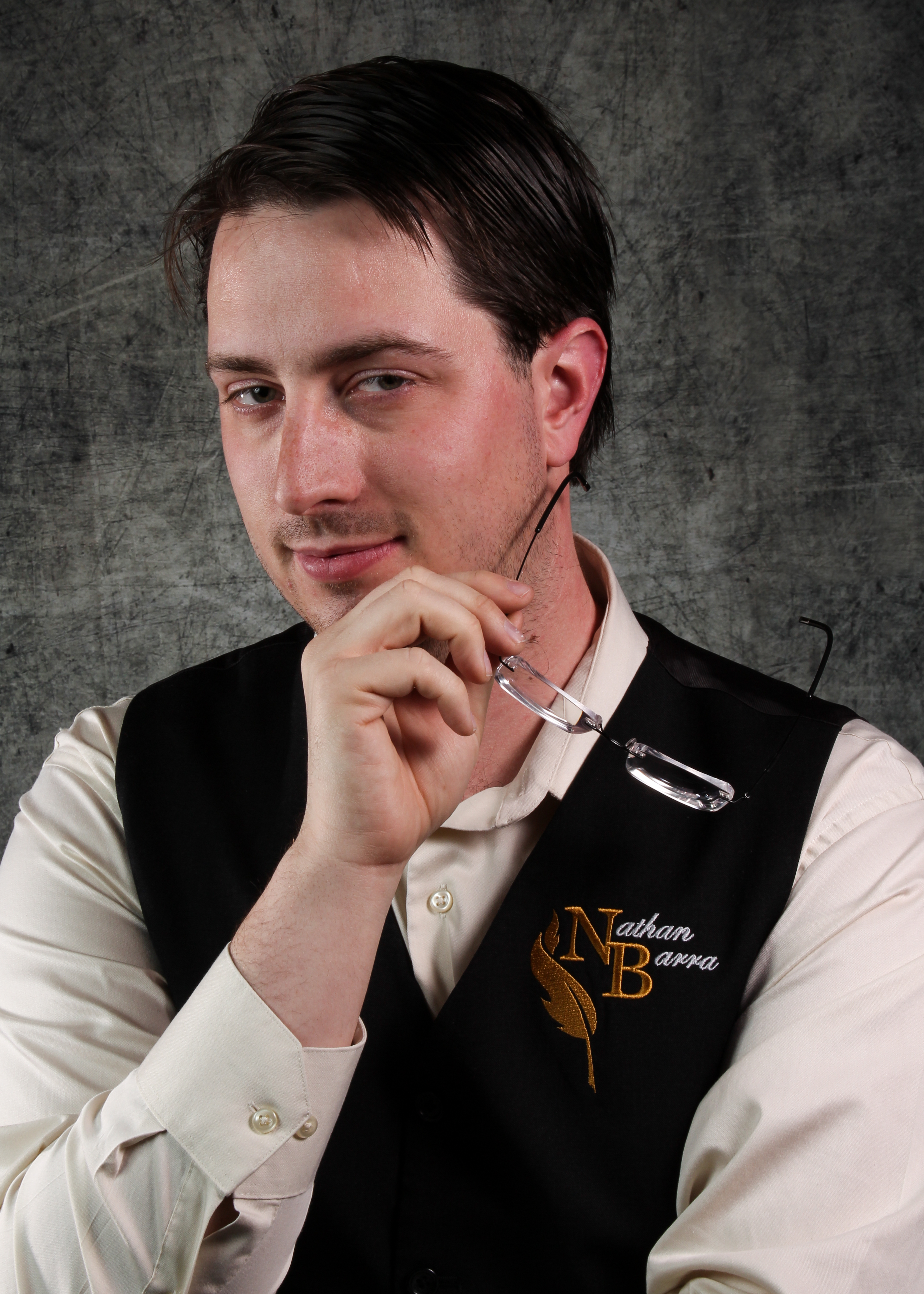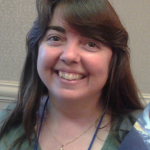The Internet is filled with blogs, discussion forums, and clever tweets about writing. Though my writing friends and I do our best to keep up with the latest news and tricks, it feels like trying to drink from a fire hose. Go Google “writing advice” and you’ll find nearly half a million results!
Clearly, there is no shortage of people willing to talk to young authors about writing. So thank you for choosing to spend some of your time with us, sharing the Fictorians with your friends, and reading our thoughts and words. We appreciate your patronage and hope you find us helpful in your own writing journey!
Though we writers want to learn from the successes and failures of others, it is essential to remember that what worked for a New York Times best seller may not be effective for me, and that’s perfectly okay. Ultimately, any piece of advice should be judged based on its efficacy for the end user, not the prestige of the source.
As an example, I once read that the “best” way to be a prolific writer while also working a day job is to get up three hours early each day and spend the time writing. Not only will there be no distractions in the early hours of the morning, but your mind is freshest right after waking up, right? Okay, I gave it a try… and failed miserably. I am a morning person, but I am NOT a getting out of bed person. It’s mostly a matter of inertia. I have an alarm clock I keep across my bedroom in addition to my phone on my bedside table and set, on average, six to eight alarms a day. However, once I’m vertical and have some momentum, I’m good to go. Unsurprising to anyone, getting out of bed three hours earlier than I absolutely needed to be never happened. That piece of advice, though effective for others, failed me miserably. Oh well! Moving on.
But what if it wasn’t when I write, but rather HOW I write that was slowing me down? Kevin J Anderson swears by his dictation method for first drafts, and he’s by far the most productive author I know. He is able to hike up 14,000 ft mountains while spinning a yearn, send off the recording for transcription, and then edit the resulting manuscript into a best seller. This technique has resulted in over 23 MILLION books in print. I do a lot of driving, biking, and hiking, so why not double dip that time? Furthermore, physical activity works wonders to get my creative mind juices flowing, so I took a risk. I bought a recorder, a copy of Dragon Naturally Speaking, and spent the better part of a year practicing dictating my stories and blogs. Though I can do it, the technique just doesn’t work as well for me as it does for Kevin. Instead of a steady stream of consciousness, I stutter and stumble, resulting in a file that DNS has a rough time converting into comprehensible prose. I then spend hours cutting, reworking, and revising that mess into a finished product. In the end I spend as much total time as if I were to sit down and use manual entry from the beginning. So, for most circumstances, I have stopped using the recorder.
Beyond the basic act of producing prose, there is the fundamental question of what to write in the first place. While the basic dramatic structure has been thoroughly explored, every book or blog on story I read seems to tout a system of “rules” that are absolutely, positively, 100% mission critical to ensure success, fame, and fortune. You must always have a shot clock, must always allow time for thoughtful sequels, must always have a love triangle, and must always do this and that and whatever or you are doomed to failure, remaindered books, and discount book bins. While all these elements can work wonders to spruce up your fiction, not every technique translates well across genre boundaries.
For example, I have read advice from a big name romance writer that insisted that all stories need a happy ending. That’s a great guideline if you are writing for a romance audience. Their main emotional interest is the vicarious experience of falling in love. However, a story of romance and seduction isn’t the only payoff, else they’d be reading erotica. A romance book is a story in which two lovers are able to overcome the factors that stand in the way of their happily ever after. The relationship is as important as the sex.
However, other audiences aren’t so picky. Look at the success of the Song of Fire and Ice (Game of Thrones) books. There aren’t very many happy endings, but the story is plenty thrilling and surprising. The grimdark audience is looking to fulfill a very different set of emotional needs. Different audiences, different stories, different rules. Consider what every genre has to give, but do what works best for your readers and story.
Over the years, I have read thousands of pages of writing advice and have found that there is no one-size-fits-all answer. The best advice comes from people with whom you resonate. Look for those who have had success in similar genres, the writers you liked to read growing up, and industry professionals who are involved with authors who write like you. Find those who have overcome struggles similar to what you deal with and figure out how they did it. Read as much material as you can get your hands on, but don’t feel bound to listen to any of it. Ultimately, your writing tricks and habits should be organic, always growing towards the goal of increased productivity. Steal what works for you and leave the rest eating your dust.



 Evan Braun is an author and editor who has been writing books for more than ten years. He is the author of The Watchers Chronicle, whose third volume, The Law of Radiance, was released earlier this year. In addition to specializing in both hard and soft science fiction, he is the managing editor of The Niverville Citizen. He lives in Niverville, Manitoba.
Evan Braun is an author and editor who has been writing books for more than ten years. He is the author of The Watchers Chronicle, whose third volume, The Law of Radiance, was released earlier this year. In addition to specializing in both hard and soft science fiction, he is the managing editor of The Niverville Citizen. He lives in Niverville, Manitoba.
